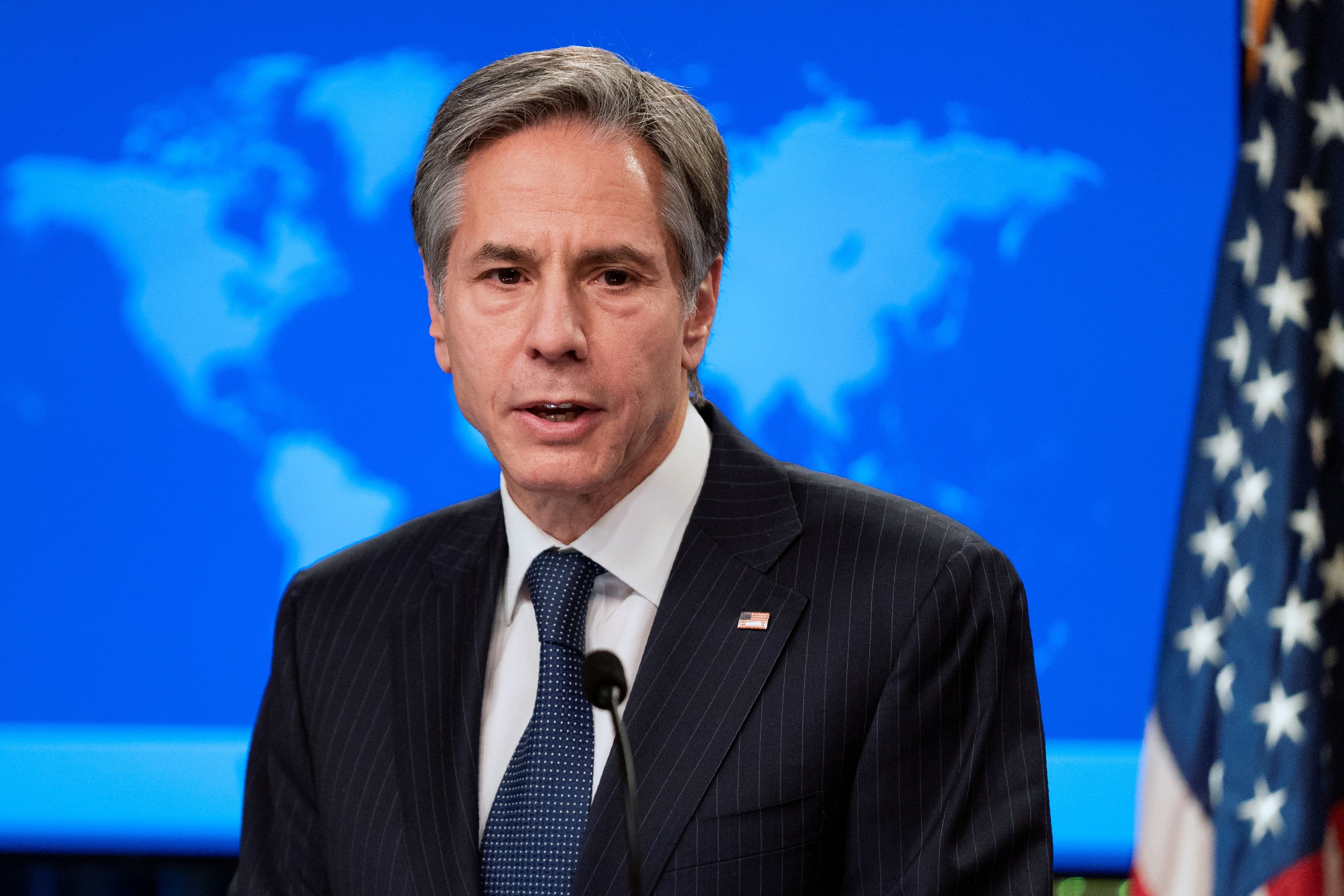
Migrants approach the US border on Gateway International Bridge in Brownsville, Texas on March 2, 2021.
Sergio Flores | AFP | Getty Images
The Department of Justice on Tuesday told the Supreme Court that it will no longer defend a Trump administration rule that put limits on immigrants seeking permanent U.S. residency.
Trump’s White House made the so-called public charge rule tougher on immigrants if they were likely to need non-cash benefits like Medicaid, food stamps or federal housing aid.
The move is the latest in a series of decisions by the Justice Department after President Joe Biden took office in January to drop positions taken by the department during President Donald Trump‘s administration.
It comes a month after the Supreme Court allowed the modification of the public charge rule to take effect while a decision on an injunction against the rule was pending in the 2nd U.S. Circuit Court of Appeals.
It was longstanding federal policy, before Trump took office, to consider whether an immigrant was likely to need cash assistance or long-term hospitalization in determining whether to grant that person permanent residency status.
The Trump administration moved to expand that definition to include non-cash benefits, such as Medicaid, which provides health coverage to primarily low-income people.
A number of federal district courts around the U.S. had blocked the rule from taking effect.
But the Trump administration successfully overturned those injunctions on appeal to circuit courts of appeal, and ultimately at the Supreme Court in late January.




